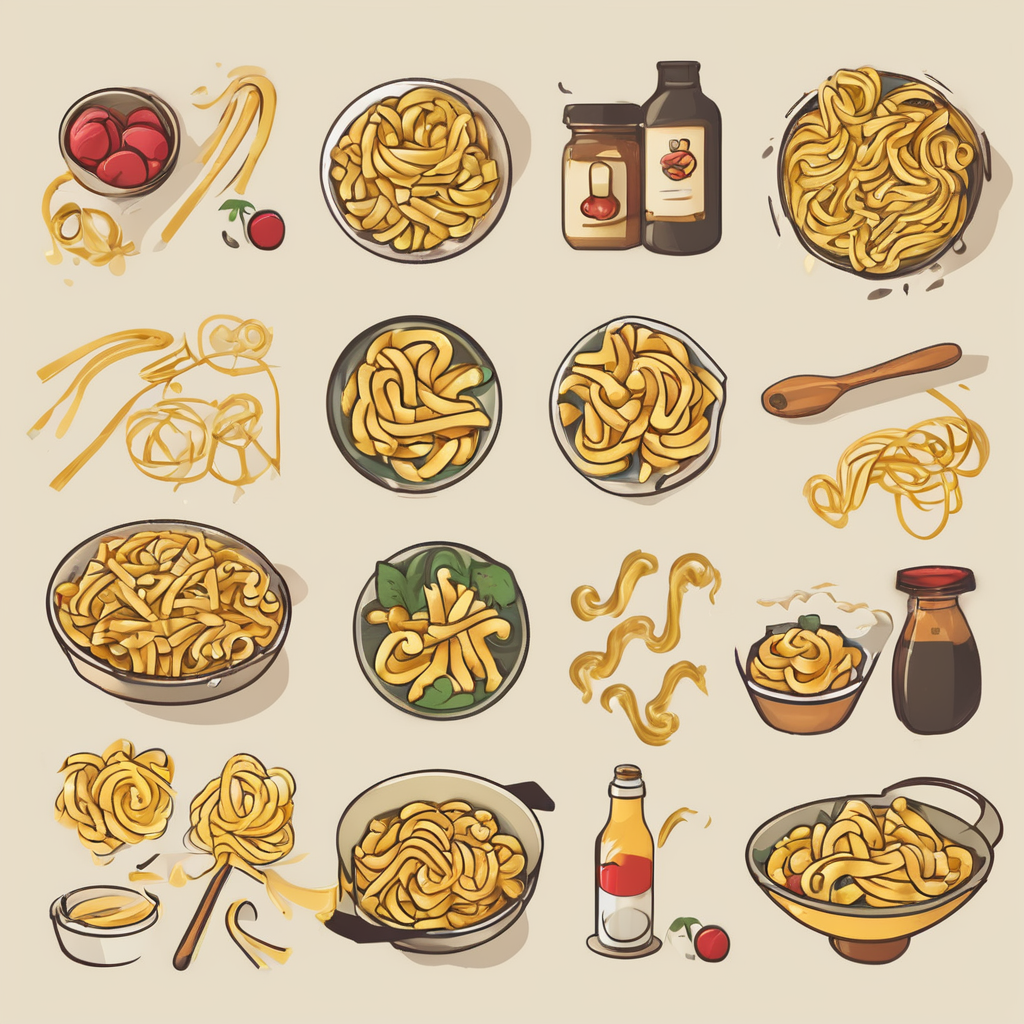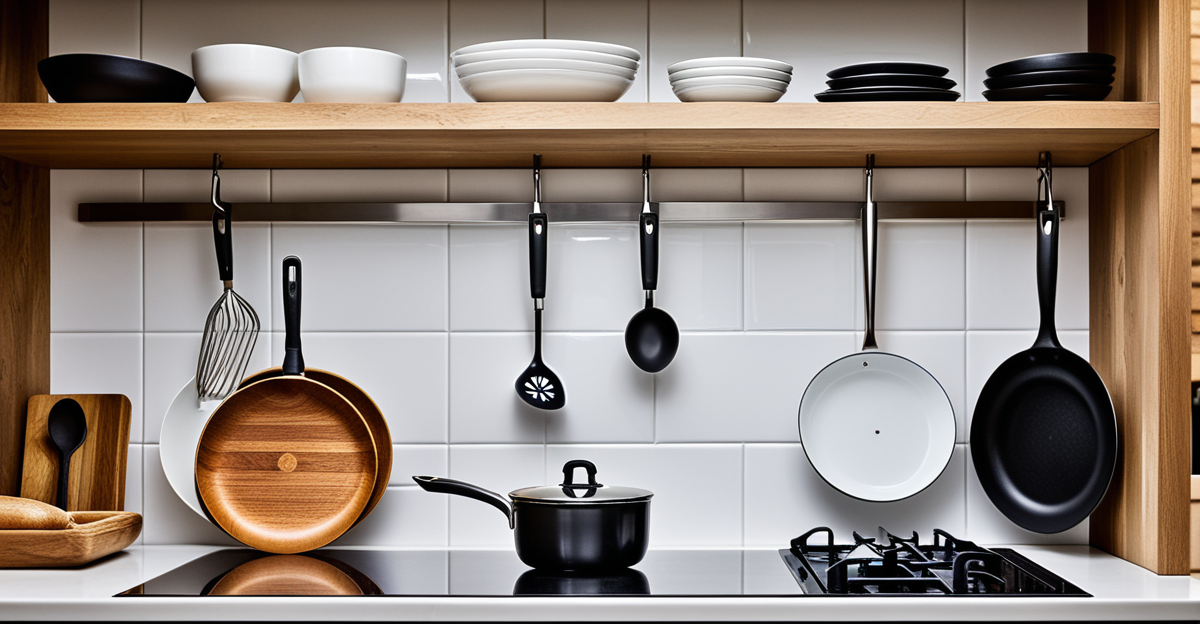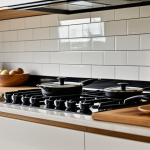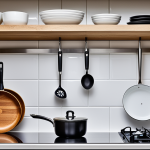Essential qualities of high-quality kitchen utensils in the UK
When selecting high-quality kitchen utensils in the UK, three key aspects stand out: materials, construction, and ergonomics. The choice of materials profoundly impacts utensil durability. Metals like stainless steel offer strength and corrosion resistance, whereas silicone provides flexibility and heat resistance—both critical for long-lasting performance.
Construction quality is equally vital. Well-assembled utensils with reinforced handles and joint-free designs reduce wear and breakage. This attention to detail ensures utensils withstand daily kitchen demands, offering dependable use over time.
Topic to read : Why Are Traditional UK Kitchen Products Essential for Modern Homes?
Ergonomics also play a significant role. Comfortably designed handles reduce hand strain, encouraging safer, more efficient cooking. This is especially important during longer meal preparations.
Furthermore, UK kitchen utensils must meet strict food safety standards. Compliance with regulations guarantees materials are non-toxic, free from harmful chemicals, and safe for food contact. These standards protect consumers and enhance confidence in utensil quality.
Also to read : What’s the Best Way to Save Space in Your Kitchen?
In essence, to evaluate the kitchen utensil quality, prioritise durable materials, solid construction, user-friendly design, and adherence to UK safety norms. This approach ensures utensils remain reliable and safe in everyday use.
Best materials for UK kitchen utensils
Selecting the right kitchen utensil materials directly influences performance and lifespan. Among the most popular choices, stainless steel utensils stand out for their strength, corrosion resistance, and ease of cleaning. Stainless steel is ideal for tasks requiring durability and hygienic surfaces, making it a staple in many UK kitchens.
Silicone utensils UK users often favour bring flexibility and heat resistance. Silicone can withstand high temperatures without melting, making it perfect for stirring hot foods or scraping bowls. It’s also non-abrasive, protecting non-stick cookware surfaces. However, silicone’s durability may vary depending on quality, so opting for BPA-free kitchenware certified as food-safe is essential to avoid health risks.
Wood kitchen utensils are another classic option, offering natural anti-bacterial properties and gentle handling of cookware. Yet, their longevity depends heavily on proper care to prevent cracking or warping.
For any material, confirming non-toxic and food-safe certifications ensures compliance with UK safety standards. This reduces exposure to harmful substances, which is crucial for maintaining kitchen hygiene and health.
In summary, balancing stainless steel’s robustness, silicone’s versatility, and wood’s natural appeal helps buyers select kitchen utensils that deliver both safety and performance.
Best materials for UK kitchen utensils
Choosing the right kitchen utensil materials is fundamental to ensuring durability and safety in your kitchen. Among the top choices for UK kitchen utensils are stainless steel utensils and silicone utensils UK. Stainless steel is prized for its strength, corrosion resistance, and ease of cleaning, making it ideal for cookware that sees heavy use. Its non-porous surface prevents bacteria buildup, contributing to better hygiene.
Silicone utensils offer excellent heat resistance and flexibility, reducing damage to non-stick cookware surfaces. For UK consumers, selecting BPA-free kitchenware made from food-grade silicone ensures toxic chemicals won’t leach into food. This certification is crucial since safety standards are stringent in the UK.
Wooden utensils also have a place for those seeking natural, eco-friendly options. However, they require careful maintenance to avoid cracking or harboring bacteria.
In summary, balancing the benefits of stainless steel, silicone, or wood hinges on your cooking style and kitchen needs. Prioritising non-toxic and food-safe certifications guarantees that kitchen utensils not only perform well but also protect your health. This focus ensures your investment in high-quality kitchen utensils aligns perfectly with UK food safety demands and long-lasting use.
Evaluating reputable UK kitchen utensil brands and manufacturing standards
Understanding UK utensil brands is vital for identifying true quality. Established British kitchenware brands often uphold rigorous kitchenware manufacturing standards, ensuring their products meet or exceed safety and durability expectations. How do these standards affect your choice? Certifications like CE marking and UKCA compliance verify that utensils conform to EU and UK food safety laws, guaranteeing kitchen utensil quality.
Reputable brands invest in meticulous production processes, from selecting premium materials to precise assembly, which reduces defects and enhances utensil durability. Brand reputation serves as an essential proxy for trustworthiness, offering consumers assurance that the utensils they buy will perform reliably over time.
When assessing a brand, look for clear evidence of adherence to recognised kitchenware manufacturing standards. This might include transparent information on material sourcing, safety testing, and quality control practices. UK brands frequently undergo third-party audits, reinforcing their commitment to safety and functionality.
In sum, choosing British kitchenware brands with proven manufacturing standards ensures your utensils combine safety, longevity, and performance. This makes your investment in kitchen tools more confident and lasting.
Essential qualities of high-quality kitchen utensils in the UK
Assessing kitchen utensil quality effectively requires focusing on three core aspects: materials, construction, and ergonomics. The durability of utensils hinges on selecting materials that resist corrosion and wear under intensive use. For example, stainless steel utensils offer exceptional utensil durability due to their strength and resistance to rust, making them ideal for everyday tasks.
Construction quality significantly influences lifespan. High-quality UK kitchen utensils feature reinforced joints and seamless designs that minimise breakage points. This level of craftsmanship prevents handle loosening or utensil warping, common issues that degrade performance over time.
Ergonomics cannot be overlooked. Comfortable grips reduce strain during prolonged use, which is essential for safety and precision in cooking. Ergonomic designs also enhance control, improving cooking efficiency and user satisfaction.
Additionally, UK regulations enforce strict food safety standards for kitchen utensils, ensuring materials used are non-toxic and safe for direct food contact. Compliance with these standards safeguards consumers from harmful substances, which is a crucial factor when considering long-term utensil use.
In sum, high-quality kitchen utensils in the UK combine premium materials, superior construction, ergonomic design, and rigorous adherence to safety standards to deliver durability and reliability in everyday cooking.
Essential qualities of high-quality kitchen utensils in the UK
When evaluating high-quality kitchen utensils, three critical aspects must be considered: materials, construction, and ergonomics. The choice of materials directly affects utensil durability; selecting corrosion-resistant, robust options like stainless steel or well-crafted silicone ensures utensils withstand frequent use without degrading. Quality construction complements this by incorporating reinforced handles and seamless joints, which prevent common failures such as loosening or bending, further prolonging lifespan.
Ergonomics also significantly influence user experience. Well-designed handles that fit comfortably reduce hand fatigue and improve control during food preparation. This is especially important for longer cooking sessions where repetitive motions are involved.
Moreover, compliance with UK food safety standards is indispensable. High-quality kitchen utensils must meet stringent regulations that guarantee all materials in contact with food are non-toxic and safe to use. This protects consumers and strengthens confidence in utensil performance and health safety.
By prioritising these elements—material integrity, construction excellence, ergonomic design, and strict safety compliance—consumers can confidently select UK kitchen utensils that combine functionality, comfort, and durability for everyday cooking needs.






